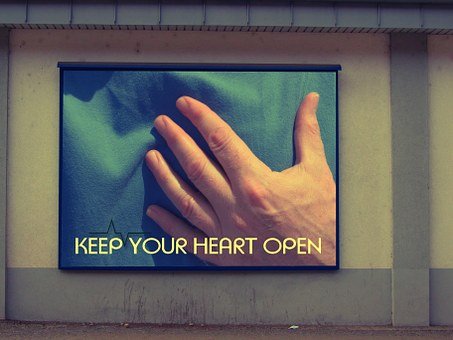
Heart disease is the leading cause of death in women, although symptoms may be very different from chest pain.
The American Heart Association informs us that cardiac pathologies are responsible for 1 / 7 deaths throughout the United States. If we take them together with stroke, these pathologies are carried to more people each year than all kinds of cancer and lung diseases put together, reports the association specializing in the heart.
One part of the reason why there are still so many deaths a year is that many times people don't realize they're having a heart attack until it's too late. From another point of view, there could be several important differences in the symptoms of a heart attack for women that men have, and they are not so recognized by the population.
Approximately 800,000 people die of coronary heart disease in the United States each year, and nearly half have early symptoms but do not get care (American College of Cardiology). According to a 2016 survey of risk factors related to people's behavior conducted in 2016,4% of Thurston County adults had a heart attack. If you have symptoms, getting help quickly is very important because the most damage to your heart occurs in the first 2 hours after a heart attack.
Men are more likely than women to have a heart attack, and there is also more research on heart attacks in men.
Common symptoms may include:
Chest pain - often explained as strong pressure, like a bear sitting on your chest, or a pressure that can go away and come back, or become constant and very intense.
Pain or discomfort in the upper body from the arms, especially the left shoulder, left shoulder, back, neck, or jaw.
The heart beats fast or irregularly.
stomach pain or discomfort (similar to indigestion)
Shortness of breath, running out of air.
Dizziness, light-headedness, or feeling very dizzy or fainting.
Cold sweat.
Among women, there are a few more symptoms that need to be considered, including the following:
Unusual extreme tiredness that lasts for a few days - or sudden severe fatigue.
Difficulty sleeping or sleep disturbance.
Be anxious.
Pain or cracking in the jaw.
Nausea and/or vomiting.
On the other hand, it is very important to keep in mind that women over age 50, or those who are entering or already in menopause, are more likely to have a heart attack because of decreased blood estrogen levels.
Unfortunately, many people do not immediately ask for help, it may be because they are not completely sure what is happening to them. You must base your decisions on what seems normal or abnormal to you. If you didn't have similar symptoms before, please get help.
There's a great video made by the heart association to teach people to recognize some of the symptoms as they happen - just type "AHA Just a little heart attack" in your favorite search engine to see it.
By the way, according to Duke University Medical Center, nearly 200,000 Americans suffer heart attacks without noticing it. These "silent" heart attacks are more likely to occur in people who have already had heart attacks or have diabetes. Symptoms of these heart attacks include the following:
Pain in the chest, arms, or jaw.
Shortness of breath.
Difficulty sleeping and fatigue.
Stomach pain or severe heartburn.
Skin peeling.
If you are unsure about your chance of having a heart attack and heart disease, or if you are concerned about the symptoms you may have, talk to your doctor. If you are with someone or see someone who might be having a heart attack, call 911 and give them your help. Knowing what symptoms to look for can save many lives.
Thanks to you for your time and having read!
Good vibes for you!



Congratulations @salamanca1987ar! You have received a personal award!
Click on the badge to view your Board of Honor.
Do not miss the last post from @steemitboard:
SteemitBoard World Cup Contest - The results, the winners and the prizes